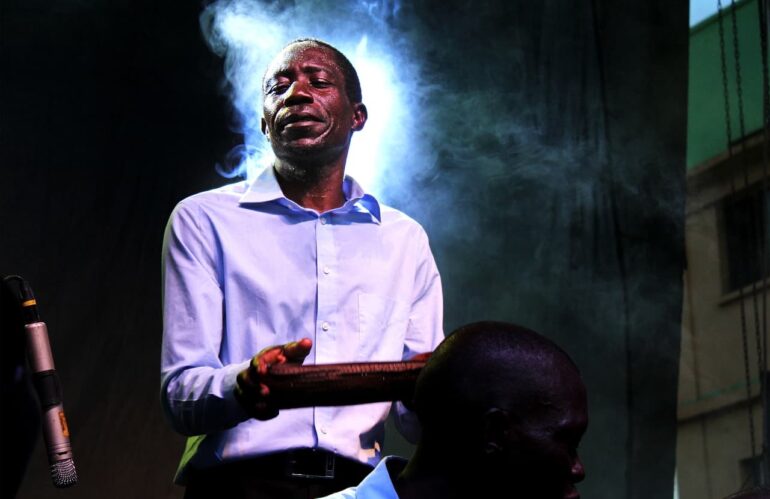Folk music is a lively thread in the fabric of human culture, weaving the tale of people’s heritage, history, and heart. It’s a living chronicle that folk music schools all across the world are working hard to keep alive. These institutions function as caretakers of cultural legacy, ensuring that the strains of history’s music continue to resound across the years.
The Role of Folk Music Schools in Cultural Preservation
Folk music schools are critical to cultural preservation. They are not only important for learning the technical components of music, but also for preserving the cultural environment. Students at these schools learn about the historical significance of the songs, the tales behind the tunes, and the traditional instruments that convey their culture’s voice. Students who comprehend the context become ambassadors of their own legacy, ready to pass it on to future generations.
Teaching Techniques: Balancing Tradition and Innovation
One of the challenges that folk music schools face is maintaining the authenticity of the tradition while making the learning process engaging for the modern student. To address this, schools often employ a mix of teaching techniques that honor traditional methods while incorporating modern pedagogy. This may include master-apprentice relationships, community workshops, and the use of technology to reach a broader audience.
Community Involvement and Folk Music Schools
A folk music school’s vitality often depends on its relationship with the community. These institutions often act as community centers, offering performances, festivals, and classes that are open to the public. This involvement not only generates interest in folk music but also fosters a sense of identity and pride within the community. By engaging people from all walks of life, folk music schools reinforce the relevance of traditional music in today’s world.

The Global Impact of Folk Music Education
Folk music education also has a global dimension. In an increasingly interconnected world, folk music schools have become meeting grounds for cross-cultural exchange. They offer a window into different cultures, promoting understanding and respect through the universal language of music. Students from diverse backgrounds come together to learn, creating a rich tapestry of cultural exchange that mirrors the global village we live in.
Challenges and Adaptations
Despite their importance, folk music schools face numerous challenges, from funding shortages to waning interest in traditional arts. To combat these issues, many schools have adapted by expanding their curriculum to include contemporary music with folk influences or by offering online classes to reach a global audience. They also apply for grants, partner with cultural institutions, and organize fundraisers to ensure financial stability.
The ingenuity of folk music schools in addressing these challenges is commendable, as they look for sustainable ways to keep the tradition alive and relevant. Their adaptability is seen in various strategic initiatives that aim to revitalize interest and secure financial resources. Here are some key strategies employed:
- Collaborations with Modern Artists: Schools are collaborating with contemporary artists to create new music that weaves in folk elements, making the tradition accessible to a younger, broader audience.
- Interactive Online Platforms: Leveraging technology, many schools have developed interactive online platforms that offer virtual classes and digital archives of folk music, thus broadening their reach.
- Community Outreach Programs: To reignite local interest, schools have initiated outreach programs that involve community members in music-making, often leading to spontaneous, grassroots support.
Folk Music Schools as Archives of History
Folk music schools also serve as living archives, preserving songs and tunes that might otherwise be lost to time. They collect and curate music, stories, and instruments that are crucial pieces of cultural history. In doing so, they provide resources for scholars and enthusiasts alike, contributing to a broader understanding of human cultural heritage.
The Future of Folk Music Schools
Looking to the future, folk music schools are not just preserving the past; they are shaping the future of music. By instilling a love for traditional music in the next generation, they are ensuring that these age-old tunes evolve and remain a vibrant part of contemporary culture. They inspire new music that’s informed by tradition, yet innovative in expression.
Conclusion
Folk music schools are more than educational institutions; they are the heartbeat of cultural preservation. By striking a chord with tradition, they ensure that the music that has defined communities for centuries will continue to inspire, educate, and bring joy to countless future generations. Their role in preserving cultural heritage is immeasurable, and their continued existence is a testament to the enduring power and relevance of folk music in the world today.






